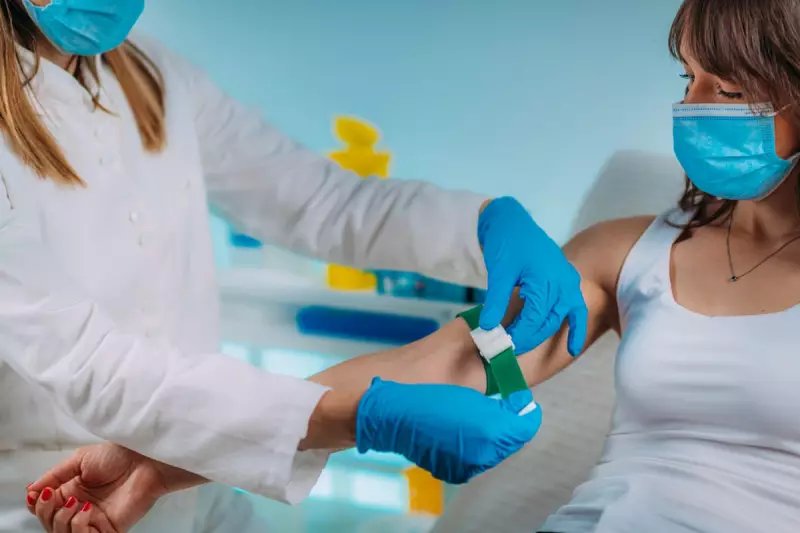
For years, I wore the title of 'super-donor' with quiet pride. My blood type, a relatively rare B negative, made my contributions particularly valuable to the NHS. I was a regular at the donation centre, reliably giving blood and plasma, feeling like a small-scale superhero in a comfy reclining chair.
The Routine of a Regular Donor
The process became second nature. The familiar prick of the needle, the rhythmic squeezing of the stress ball, and the satisfying knowledge that my pint of blood would soon be on its way to help someone in need. I was a model donor, until one seemingly insignificant habit brought my heroic efforts to a screeching halt.
The Day Everything Changed
It was on a day scheduled for plasma donation—a process that takes longer and returns your red blood cells to you—that my weakness was exposed. The preliminary finger-prick test, a routine check on haemoglobin levels, returned a result that prompted a frown from the nurse. My levels were too low. I was temporarily deferred.
I was baffled. I felt fine. I had, as always, followed the pre-donation advice to drink plenty of fluids. But then came the crucial question from the staff: "What did you have for lunch?"
A Salty Downfall
My face fell. My lunch had not been a iron-rich steak or a hearty spinach salad. Instead, I had succumbed to a last-minute craving and devoured a packet of salty crisps. This, it turned out, was my mistake.
While hydrating is essential, the quality of your pre-donation snack matters immensely. Salty snacks like crisps can dehydrate you, effectively thickening your blood and lowering the concentration of haemoglobin, the iron-rich protein that carries oxygen. It wasn't that I was chronically deficient; my blood was simply too concentrated due to a poor dietary choice.
A Lesson Learned
This temporary ban was a wake-up call. It highlighted a gap in the common knowledge shared with donors. We're told to drink water, but we're not always warned about the foods that can sabotage our efforts. The experience taught me that being a superhero requires more than just showing up; it requires proper preparation.
My subsequent donations have been preceded by sensible, iron-friendly meals and plenty of water. I've learned that the path to saving lives isn't just about having the right blood type—it's also about avoiding the wrong snacks.





